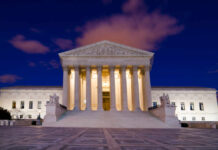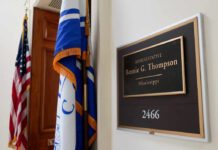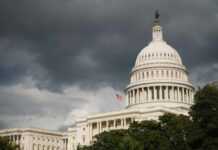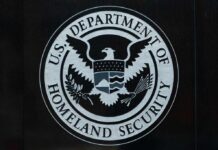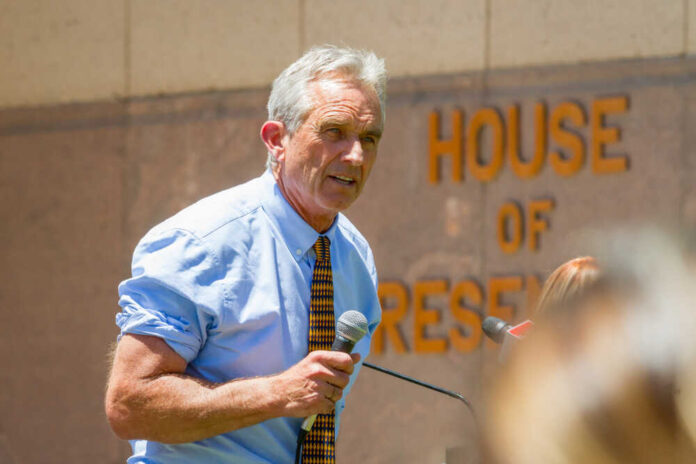
Robert F. Kennedy Jr., a Democratic candidate for president slammed the Biden administration’s handling of border policy. The candidate also described the current situation as a “crisis.”
The candidate is the leading challenger against President Joe Biden for the Democratic nomination in 2024. Biden faces both Kennedy and 2020 candidate Marianne Williamson for the party’s nod.
Kennedy told an ABC News affiliate last week that the country “should have closed borders.” He said that such a sentiment is not “racist or insensitive.”
The candidate added that the United States should have an “orderly immigration policy.”
Kennedy criticized the Biden White House’s approach, stating that the “open-door policies” had led to a “humanitarian crisis.”
Kennedy, often known as RFK, is the scion of the Kennedy political dynasty. RFK Jr. is the son of the late Sen. Robert F. Kennedy (D-NY), who was assassinated during his 1968 run for president. The candidate is also the nephew of President John F. Kennedy.
RFK’s interview comes as the Biden administration is set to end the Title 42 border restrictions enacted by former President Donald Trump during the pandemic. With the policy slated to end May 11, border officials have already seen a surge of migrants waiting to enter the country.
The news also comes as the Biden campaign may not debate his opponents.
RFK Jr runs for Presidenthttps://t.co/4b7gEa3Ya9 #TheMarkSteynShow pic.twitter.com/CfyCsvKyfs
— Mark Steyn (@MarkSteynOnline) May 8, 2023
RFK Jr. has shown a willingness to break with the Democratic Party on a number of issues, including health mandates and foreign policy.
The candidate recently said that he would attempt to end what he described the “financial censorship” in politics.
Kennedy wrote on Twitter that it is “not a right- or left-wing issue.”
He said that the effort was about “protecting democracy from powerful established interests.”
The candidate cited the possibility of people’s financial lives being tied due to politics.
He said that “in 2010, PayPal, Visa and Mastercard suspended WikiLeaks, at the behest of the U.S. State Department.”
RFK argued that such actions were done out of “fear of Congress or regulators” or due to direct government pressure.



